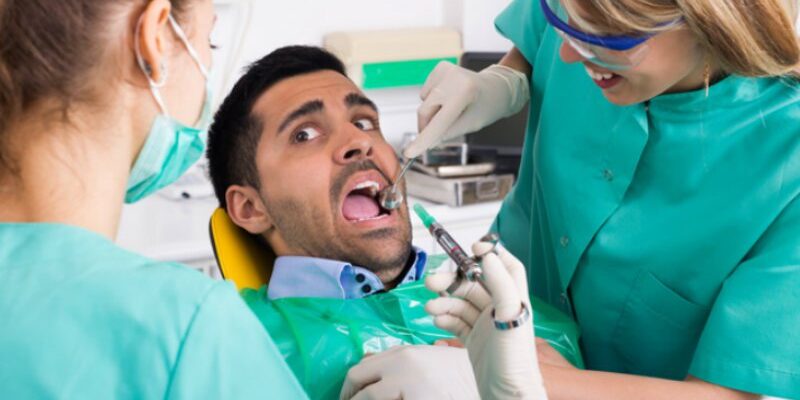A recent case report published in the Journal of Oral and Maxillo-facial Surgery presented an incident of blindness followed by the extraction of a tooth.
The authors documented a case of a diabetic patient who recovered from Coronavirus 2019 and is on prophylactic anticoagulant therapy after routine extraction of a maxillary second molar that progressed to unilateral cavernous sinus thrombosis and loss of vision.
He suffered cavernous venous thrombosis and progressive vascular, neurogenic manifestations that exaggerated to a unilateral loss of vision after a maxillary second molar was extracted.
The patient began having severe headaches and disturbing levels of consciousness post-extraction. He returned to the hospital and was admitted into the intensive care unit, where he underwent imaging.A brain magnetic resonance venography (MRV) exam with contrast showed transverse and sigmoid venous thrombosis. The MR imaging revealed cavernous sinus thrombosis and sinusitis in the right maxillary and sphenoid sinuses.
Though he recovered from the cavernous sinus thrombosis and his eye and lid movements improved, he lost vision in his right eye.
Based on the reported case, the authors suggested wait times from the date of COVID-19 diagnosis to surgery are as follows:•
- Four weeks for an asymptomatic patient or recovery from only mild, non-respiratory symptoms.
- Six weeks for a symptomatic patient (eg, cough, dyspnea) who did not require hospitalization.
- Eight to ten weeks for the symptomatic diabetic, immunocompromised, or hospitalized.
- Twelve weeks for a patient who was admitted to an ICU due to a COVID-19 infection.
Meanwhile, fulfilling strict infection control, administering prophylactic antibiotics, and monitoring the patients' thrombotic state in collaboration with the patient's treating physician are mandatory.
These recommendations are based on expert opinions and suggestions, awaiting the outcome of clinical trials to provide evidence-based regulations.
Reference:
https://doi.org/10.1016/j.joms.2021.12.015




















Comments